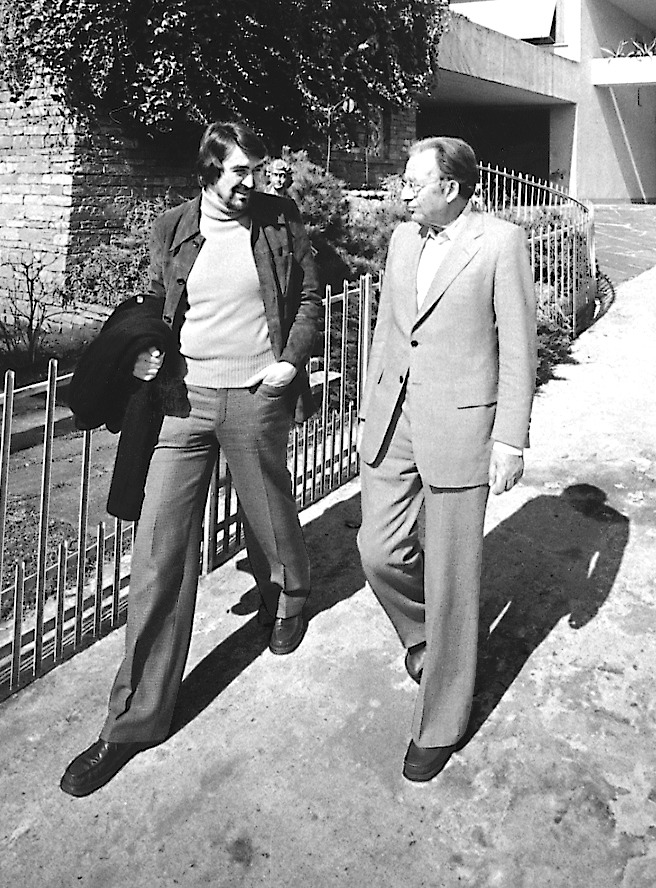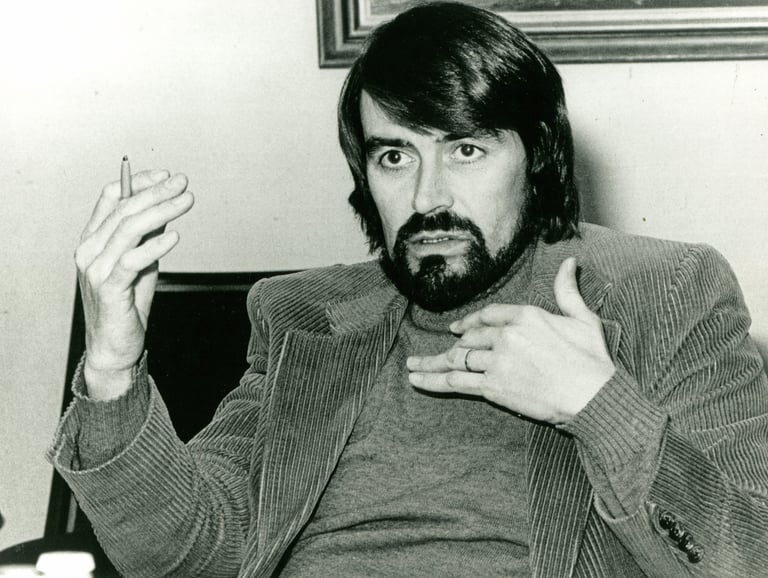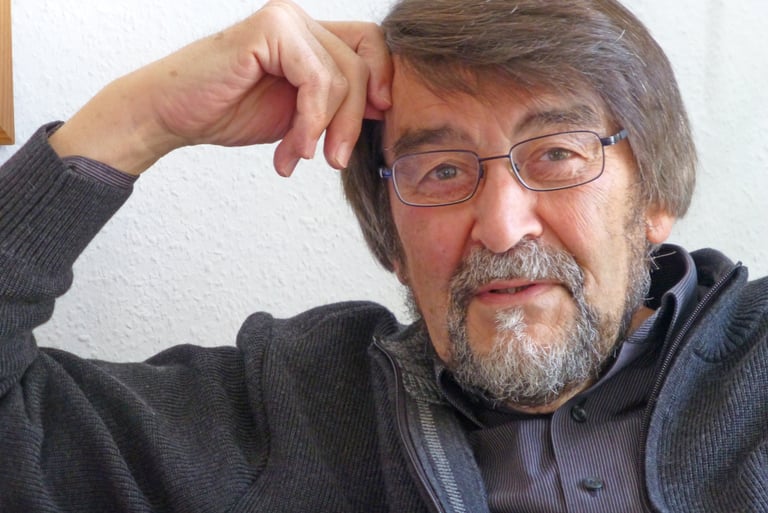Biography and Professional Path
born 1943 in Creglingen, Germany
1964 High School diploma at the Eberhard Ludwigs Gymnasium in Stuttgart
1964-1968 studies of theology and philosophy
1972-1977 doctoral studies at the University of Tübingen on the social psychology and ethics of Erich Fromm
1974-1980 private assistant to Erich Fromm
1975-1980 assistant at the Department of Theological Ethics, University of Tübingen
1977-1983 training as a psychoanalyst and psychoanalytic couple therapist at the Stuttgart Academy for Depth Psychology and Psychoanalysis
since 1979 married to Renate Oetker-Funk, two sons
1981-2011 psychoanalyst in private practice
1983-1986 lecturer at the University of Bremen
1989-2003 lecturer at the Fulda University of Applied Sciences
1991-1997 lecturer at the Reutlingen University of Applied Sciences
since 2013 lecturer at the International Psychoanalytic University (IPU) Berlin
since 1981 director of the (private) Erich Fromm Archive in Tübingen
Since 1987 Fromm's sole literary executor (literary rights and estate administrator)
since 2014 director of the Erich Fromm Foundation and director of the Erich Fromm Institute in Tübingen
since 2016 co-director of the Erich Fromm Study Center at the IPU in Berlin


Rainer Funk and Erich Fromm 1979 in Locarno
Research and Methodological Focus
Application of psychoanalysis to society and culture
Updating Fromm's social psychological theory and method for the present day
Reception of social character research in the USA, Mexico and Germany
Led an empirical study on the social character of East and West German primary school teachers (1989-1995); published under “Die Charaktermauer” by V&R Göttingen 1995
Cooperation with the Sigma Institute Mannheim and research on the postmodern (Ego-oriented) character (since 2000)
Publication of the results of research on the Ego-oriented character in 2005 (dtv) and 2011 (Gütersloher Verlagshaus)
Application of social character theory to issues of leadership and counseling (since 2017)
Psychoanalytic Social Psychology and Transformation Theory (since 2021)
Application of social character theory to psychoanalytic therapy (since 2022)




Dr. Rainer Funk · DE-72076 Tübingen, Germany · frommfunk@gmail.com · Imprint